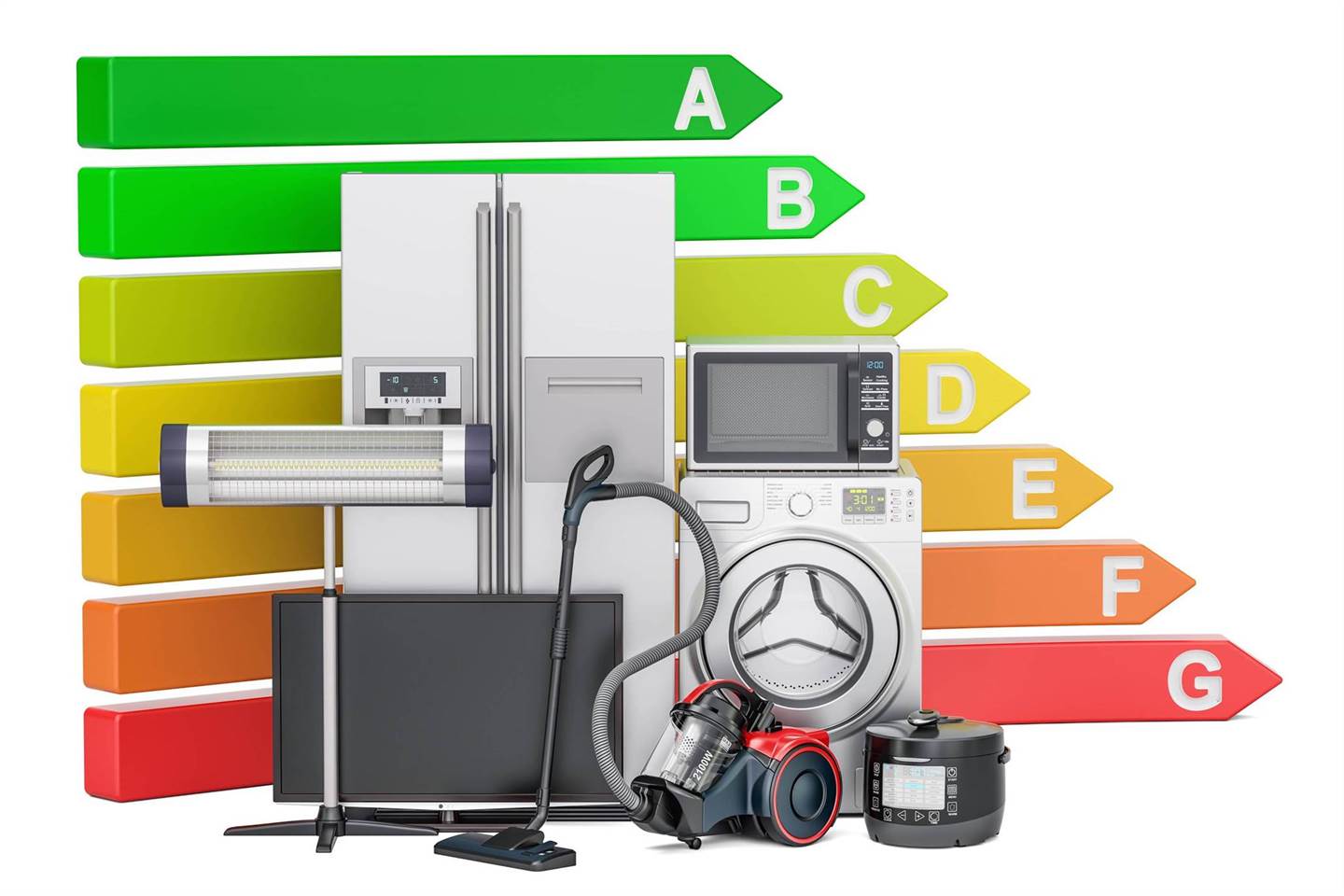Major appliances use up around 13% of the electricity load inside a house. However, finding actionable and practical ways to decrease that pull will do more than reduce your energy bills every month. Electricity is a major player in escalating environmental issues. It is possible to save cash and also do your part for the environment by providing your house an energy assessment. Appliances are an excellent place to begin.
Major Energy Culprits in Any House
The one appliance which by far uses the most energy after cooling and heating equipment is a hot water heater, according to the United States Department of Energy. That means the appliances which rely upon hot water, like your dishwasher, are costing you even more. The best action to take as you upgrade your water heater includes switching to a tankless or energy efficient model. From that point, the next big appliance placing a dent in your electricity is your dryer with your fridge coming in at a close second.
For the average home, this is how the figures break down, according to the United States Department of Energy. However, these numbers assume your house has newer appliances. The figures would dramatically shift down for the average home if the freestanding freezer or refrigerator were 15 years of age, for instance. However, these numbers assume your house has newer appliances.
- Clothes washer: 200 kWh
- Dishwasher: 300 kWh
- Refrigerator: 600 kWh
- Clothes dryer: 1000 kWh
- Water heater: 2400 kWh for family of two
Are There Any Laws that Govern Energy Use?
The more electricity a house consumes the more tax a homeowner pays every month. Regulations apply more to manufacturers. There are certain standards established that compel them to generate appliances which consume less energy. In addition, the law requires each product to contain a label showing energy consumption and ENERGY STAR rating. Verifying that ENERGY STAR rating before you buy is one of the simplest energy tips.
Tax Benefits of Energy Efficient Appliances
Federal and state government offers incentives to decrease energy consumption—mainly in the form of tax credits. Tax rules vary from one year to another; therefore, it’s vital that you consult a tax professional as you look at appliance energy tips. Generally, you might have the ability to deduct at the minimum of part of the purchasing cost of an energy-efficient appliance in conjunction with the installation charges on a federal tax return utilizing IRS form 5695. Besides the federal tax benefits, a few utility services in the area provide rebates and discounts for changing over to energy-friendly appliances. It’s worth a trip to a utility company site.
Appliances are a major part of the energy picture. Allow Mike’s Quality Services to help formulate appliance options which match your needs and place you on the energy-saving fast track. Book an appointment with one of our energy professionals for an assessment and browse our website to keep updated on energy tips for appliances.
For more information on the best appliance repair service contact Mike’s Quality Services today!

